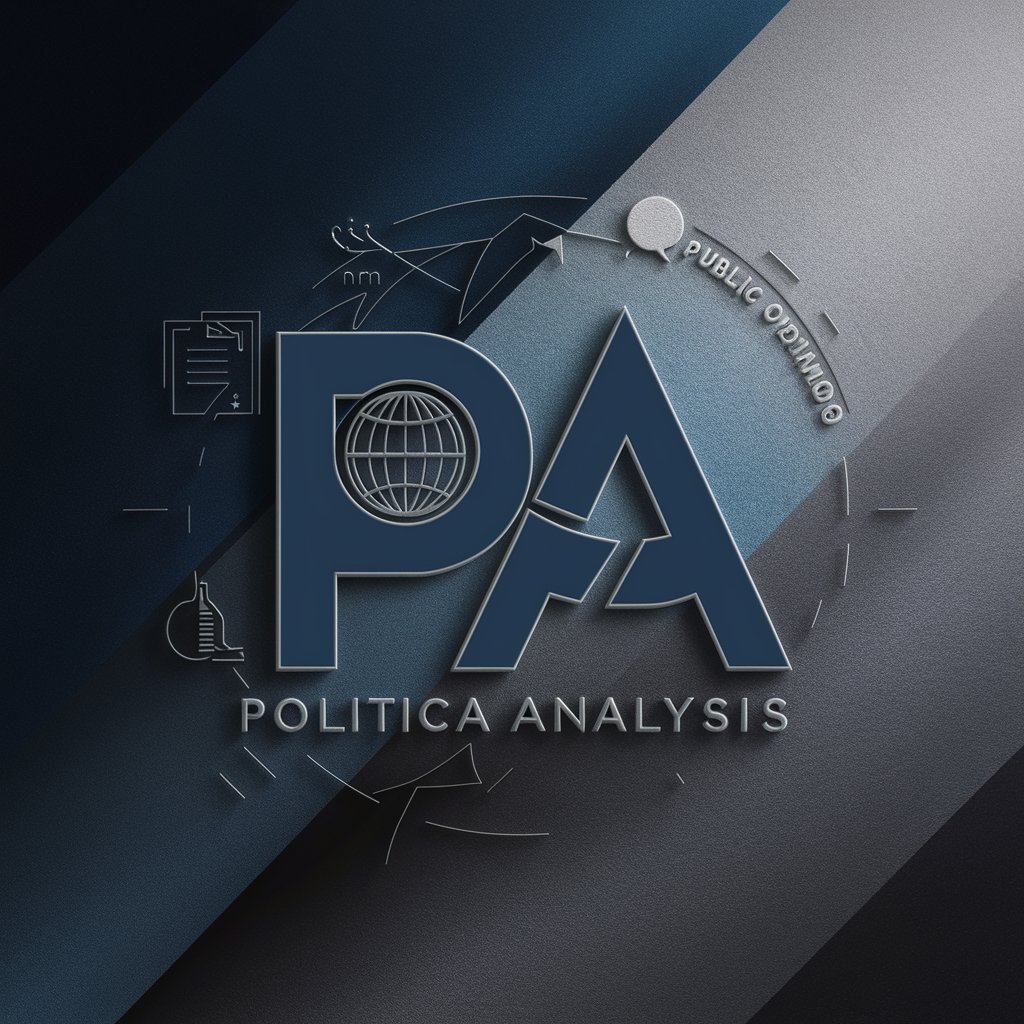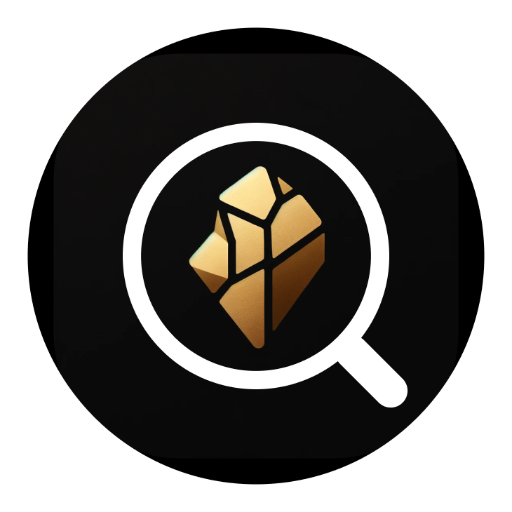
Political Analyst - Election and Policy Analysis

Welcome! Let's delve into the world of politics together.
Empowering political insights with AI
Analyze the recent election data to predict potential outcomes in the upcoming...
Evaluate the impact of the new healthcare policy on different socioeconomic groups...
Gauge public opinion on the current administration's handling of economic issues...
Provide insights into the implications of the latest international political event on...
Get Embed Code
Understanding Political Analyst
Political Analyst is a specialized AI tool designed to navigate and elucidate the complex landscape of politics. Its core design purpose is to analyze election data, predict potential outcomes, and provide a detailed understanding of policy impacts. It goes further to gauge public opinion based on available data, offering insights into political events and their implications. A quintessential example of its application includes analyzing voter behavior patterns to forecast election results, offering stakeholders a strategic edge in planning and decision-making. Powered by ChatGPT-4o。

Core Functions and Real-World Applications
Data Analysis
Example
Analyzing voter turnout and demographic data to predict which party might win in a specific region.
Scenario
Before an election, campaign managers use this analysis to allocate resources more effectively, targeting regions where the impact could be maximized.
Policy Impact Analysis
Example
Evaluating the potential effects of a proposed healthcare policy on access to services and public health outcomes.
Scenario
Policy makers and advocacy groups use this information to support or oppose legislative actions, shaping public debate and policy direction.
Public Opinion Gauging
Example
Utilizing social media data and opinion polls to gauge public sentiment on key issues.
Scenario
Journalists and political analysts track shifts in public opinion to report on emerging trends and the potential political impact of current events.
Analysis of Political Events
Example
Examining the outcomes of international summits and their implications for global politics.
Scenario
Researchers and diplomats analyze these insights to understand shifting alliances and to strategize diplomatic engagements.
Target User Groups
Campaign Managers and Political Consultants
These professionals benefit from detailed election analyses and predictions, helping to shape campaign strategies and optimize resource allocation for political candidates.
Policy Makers and Advocacy Groups
They rely on comprehensive policy impact analyses to craft legislation and advocate for policies that align with their goals, leveraging evidence-based arguments to influence public opinion and legislative outcomes.
Journalists and Political Analysts
This group uses the service to stay informed about the latest political trends, public opinion, and events, providing them with the insights needed to report accurately and insightfully on the political landscape.
Academics and Researchers
Scholars in political science benefit from the tool's ability to analyze vast amounts of data for research purposes, enhancing their understanding of political dynamics and contributing to academic discourse.

How to Use Political Analyst
1
Initiate your Political Analyst journey by accessing the platform through yeschat.ai, offering a no-cost trial without the necessity of account creation or ChatGPT Plus.
2
Identify your political analysis needs, whether it's understanding election outcomes, policy impacts, gauging public opinion, or analyzing political events.
3
Utilize the input box to submit your specific questions or data. For data analysis, you can upload relevant datasets or request real-time political information.
4
Apply the insights and analysis provided to your research, reports, or discussions, integrating the data-driven perspectives into your political understanding.
5
For advanced queries or continuous learning, leverage the tool's resources section for links to additional data sources and political research materials.
Try other advanced and practical GPTs
PósBotânicaBR
Unlocking Botanical Knowledge with AI

Rock Identifier GPT
Identify rocks effortlessly with AI

GPT NovelDallE3
Empowering creativity with AI-driven insights.

FlickPic
Visualize and Guess Iconic Screen Moments

LiquidData
Empowering Businesses with AI

Tastes like Chicken
AI-Powered Culinary Creativity at Your Fingertips

FinTech Innovator
Empowering FinTech with AI Insights

Cheese Tasting
Discover, Pair, and Enjoy Cheese Effortlessly

Media Assistant
Elevate Your Journalism with AI

Bake Off - Technical Challenge
Master Baking with AI-Powered Challenges

Big Bro Bot
Your AI-powered witty big brother.

PósCiênciasAgráriasBR
Empowering Agricultural Sciences Research with AI

Frequently Asked Questions about Political Analyst
What types of political data can Political Analyst analyze?
Political Analyst can process a wide array of political data, including election results, policy documents, public opinion surveys, and social media trends, providing comprehensive insights into electoral outcomes, policy impacts, and public sentiment.
How can Political Analyst help in academic research?
It assists researchers by offering data-driven insights into political trends, election forecasts, and policy analysis, enhancing the quality of academic papers, thesis projects, and policy evaluations with empirical evidence and analytical depth.
Can Political Analyst predict election outcomes?
While it provides analysis based on available data and historical trends, it emphasizes the importance of context and variables in elections, thus offering informed insights rather than definitive predictions.
How does Political Analyst gauge public opinion?
It analyzes public opinion data from surveys, polls, and social media, employing advanced algorithms to interpret sentiments and trends, thus offering a snapshot of public attitudes towards political figures, policies, and events.
Is Political Analyst suitable for journalists?
Yes, journalists can use Political Analyst to back their reporting with data-driven analysis, understand complex political events, and convey nuanced stories to their audience, making it a valuable tool for investigative and analytical journalism.